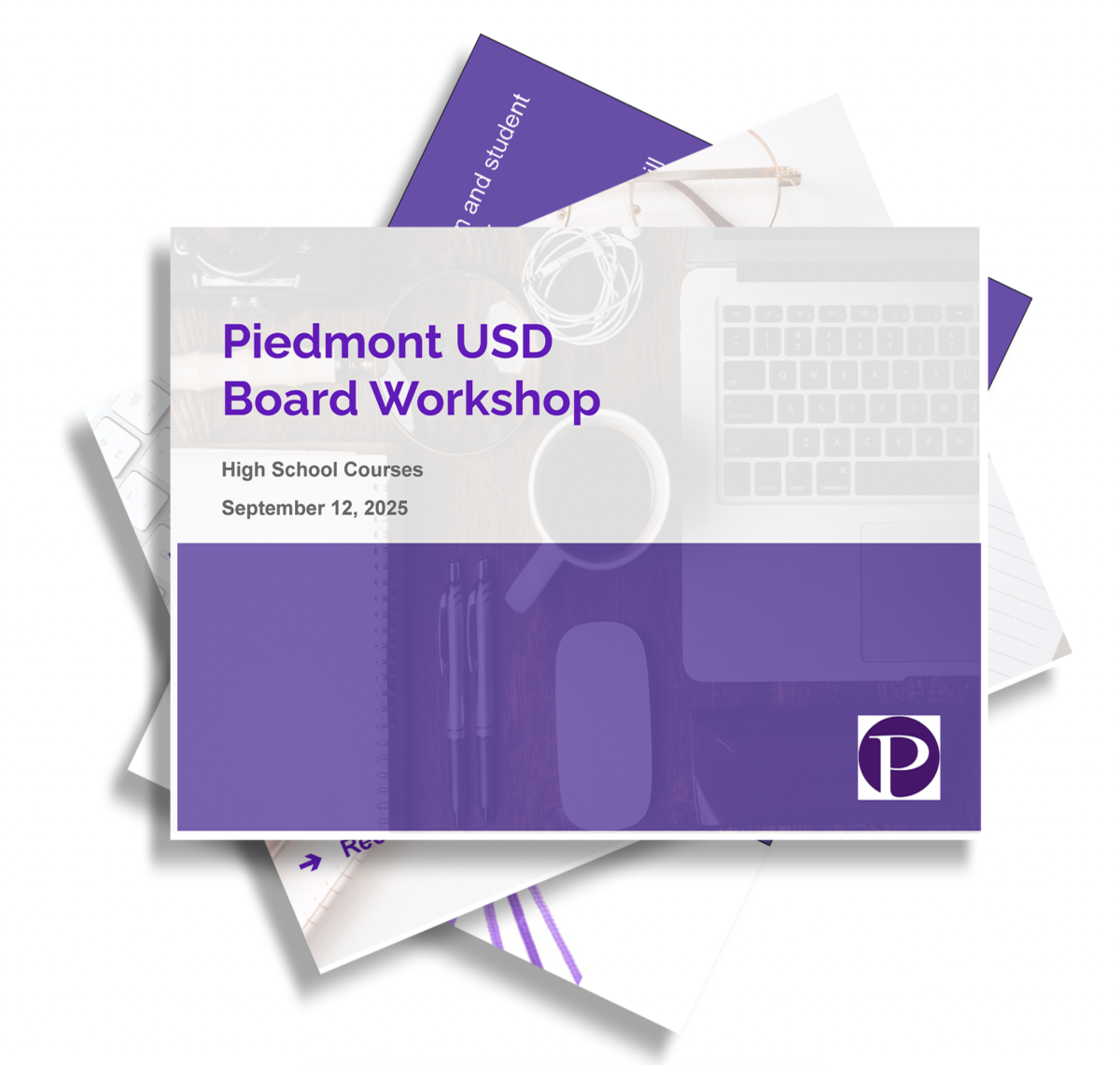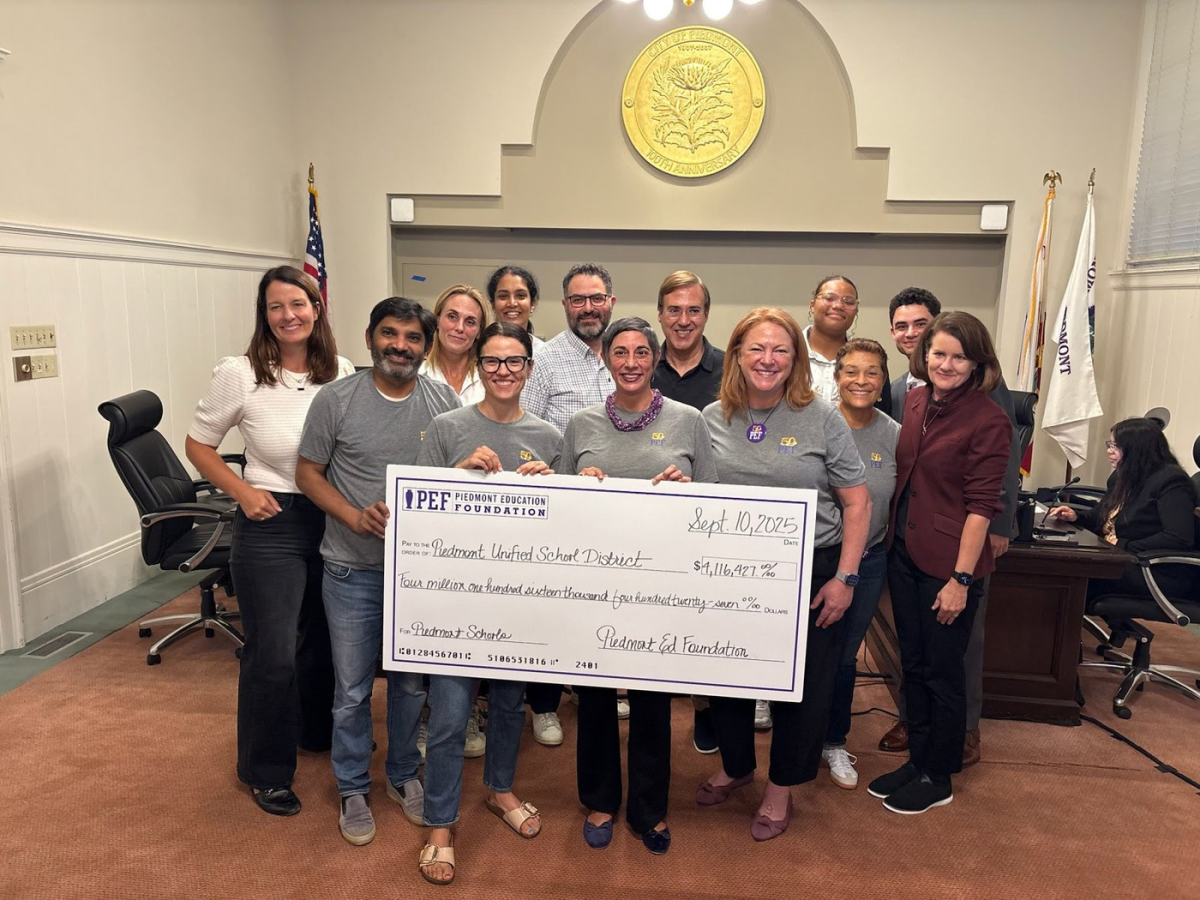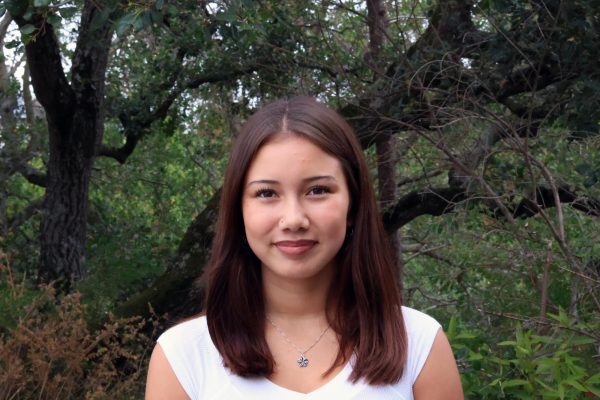At the annual walkthrough registration for the 25-26 school year, students were not given a physical planner.
“The planner used to be run through ASB, but last year ASB decided that it is not their expense, which is correct,” Principal David Yoshihara said.
ASB paid around $12,000 to $15,000 each year for the planners.
“That was an inappropriate charge in our opinion, because ASB is about belonging, clubs, support, and more fun things,” ASB advisor Hayley Adams said.
Adams said the money going towards the planners made a signifigant dent in ASB’s budget every year. So when ASB decided the planner should not be an ASB expense, ASB gave the district the option to pay for the planners and the district decided not to pursue it.
Sophomore Cassidy Carter said that having a planner allowed him to have all his school work planned out.
“I really loved having a planner, so since we didn’t receive one this year, I went out and bought a planner, so I can stay organized and keep track of all my work,” Carter said.
Junior Amalia Gray said without a planner, it is harder to remember what she has to do throughout the week.

“I feel it’s been tough to remember everything I have to do without the visual reminder,” Gray said. “[Having a planner] also made me feel more prepared and on top of all my work that I had coming up.”
Junior Justin Amen said that his planner was a great place to have access to the policies and without it this year, it’s difficult to know all the new changes.
Without the physical copies of the handbook, students must go online to access it.
“The newsletter goes out each week, and at the top of the newsletter there is a link that takes you to the updated student handbook with all the new policies, including the phone policy,” Yoshihara said.
Amen said that at the beginning of the year there was uncertainty as to where to find the student handbook.
“I think that could be communicated better to all students that there is an updated handbook online,” Amen said.
 According to the student handbook, the cell phone policy restricts cell phones use to before school, after school, and at lunch. This extends to all personally connected devices, including but not limited to tablets, smartwatches, earbuds, and laptops beyond district-issued Chromebooks.
According to the student handbook, the cell phone policy restricts cell phones use to before school, after school, and at lunch. This extends to all personally connected devices, including but not limited to tablets, smartwatches, earbuds, and laptops beyond district-issued Chromebooks.
As of Sept. 1, students’ cell phones will be confiscated if used at any time on campus during school hours besides lunch.
“Per the board’s decision last spring, students shall not be on any personal connected device other than a chromebook during the school day except for lunch,” Yoshihara said.
Yoshihara said that he, Assistant Principal Joe Marik, and Campus Supervisor Michael Bell have now started confiscating phones if students are seen with them outside of lunch, even during free periods.
“If you spend your free period on campus, then you should not be on your phone as that also violates the policy,” Yoshihara said.
Other major changes that have occurred in the student handbook were implemented by the athletic department. One of the new policies requires students and parents to pay for home sporting events.
Athletic Director Tyler Small said that sports games will now cost five dollars to enter, but there is also the option of purchasing the ASB pass.
“The ASB pass allows you to get into any sports games at the school for the year, except for playoffs,” Small said.
Along with this change, a drug, tobacco, and alcohol use policy for student athletes has been added and will be enforced, which according to the student athlete handbook states that a student athlete will not use or possess any controlled substances, drug paraphernalia, alcohol, or any tobacco products including a vape. And if a student athlete is caught with drugs, tobacco, or alcohol in season they will be removed from the sport immediately, including all practices and remaining contests. Athletes would have to forfeit all PHS, WACC12, and NCS honors and awards will be forfeited. If the student athlete wants to be eligible for future participation, they will have to submit a drug screen, and attend three education counseling sessions.
However, if the student athlete violates the policy out of season, the student athlete will forfeit 25 percent of the interscholastic events of the next athletic season in which they participate. If the student wants to be eligible for further participation, they will have to undergo the same process as a student athlete who violates the policy while in season.
“The new policy is based on things we have seen, observed, dealt with, and things that have happened in the community within the last year,” Small said. “If you are caught with any sort of drugs, tobacco, or alcohol with you at a sporting event, punishments will be in place.”
Small said the goal of this policy is to encourage student athletes to make thoughtful choices and decisions.
“[For] things that happen off campus, obviously we will do our due diligence and investigate any situation, there is a process for these violations, and our goal is not to be punitive or cause harm, it is to help people make good choices,” Small said.































